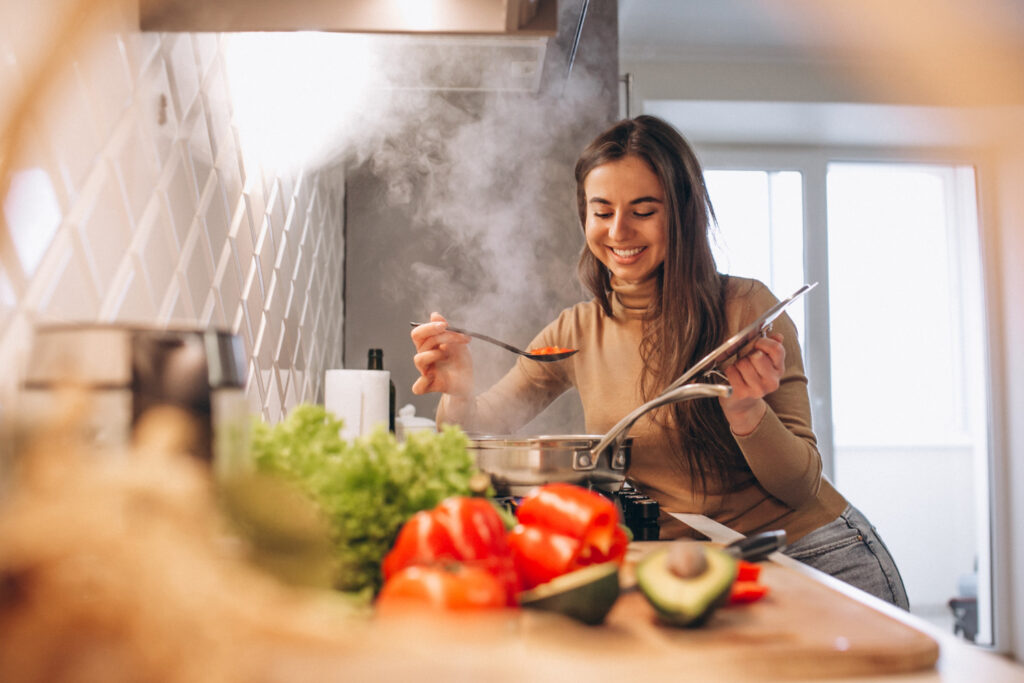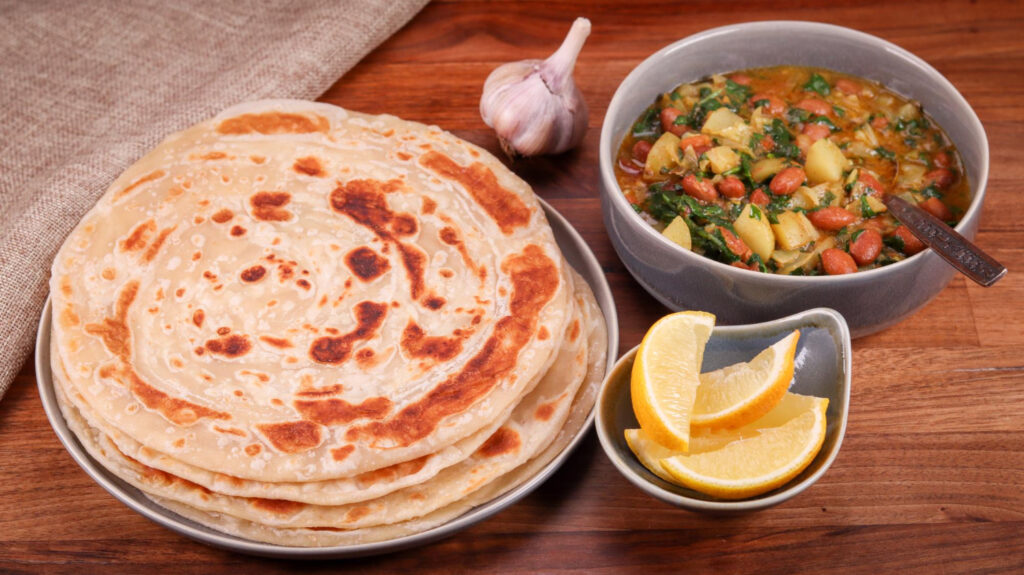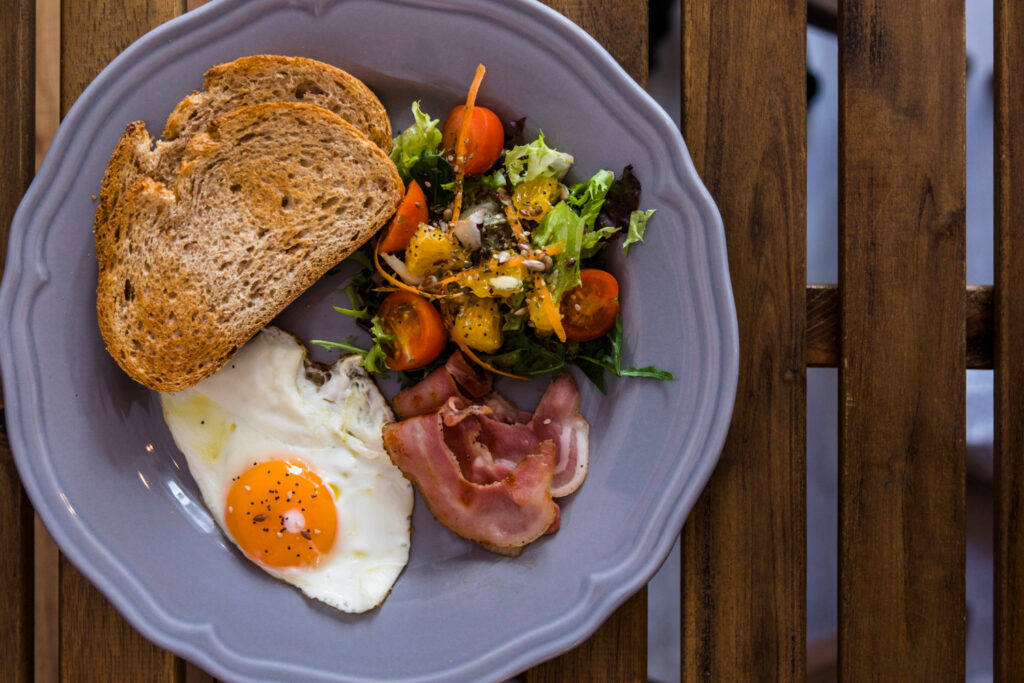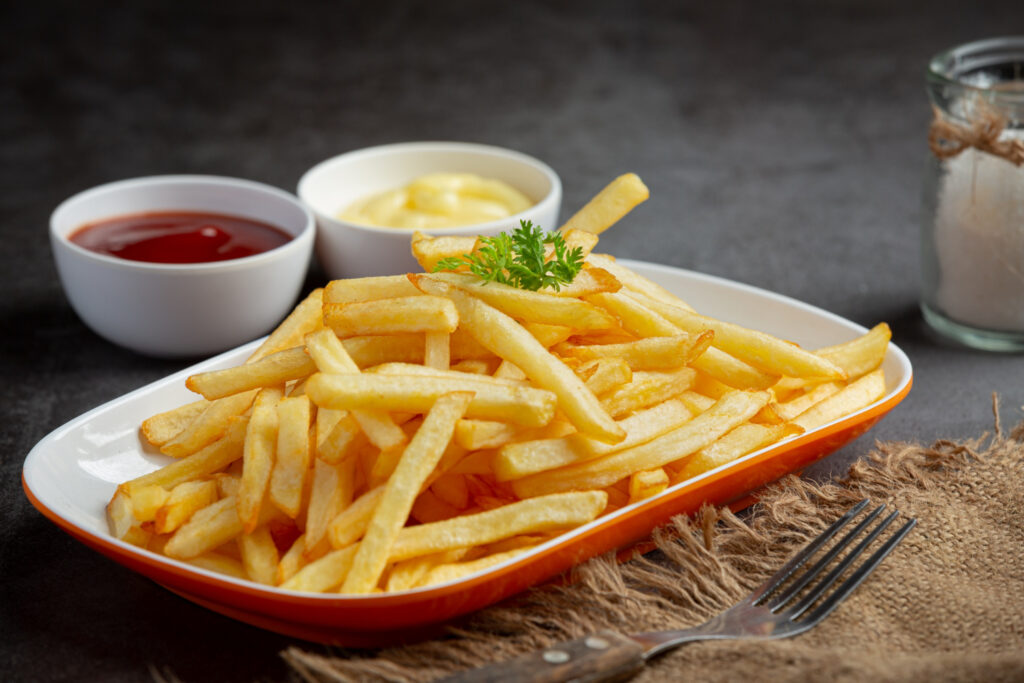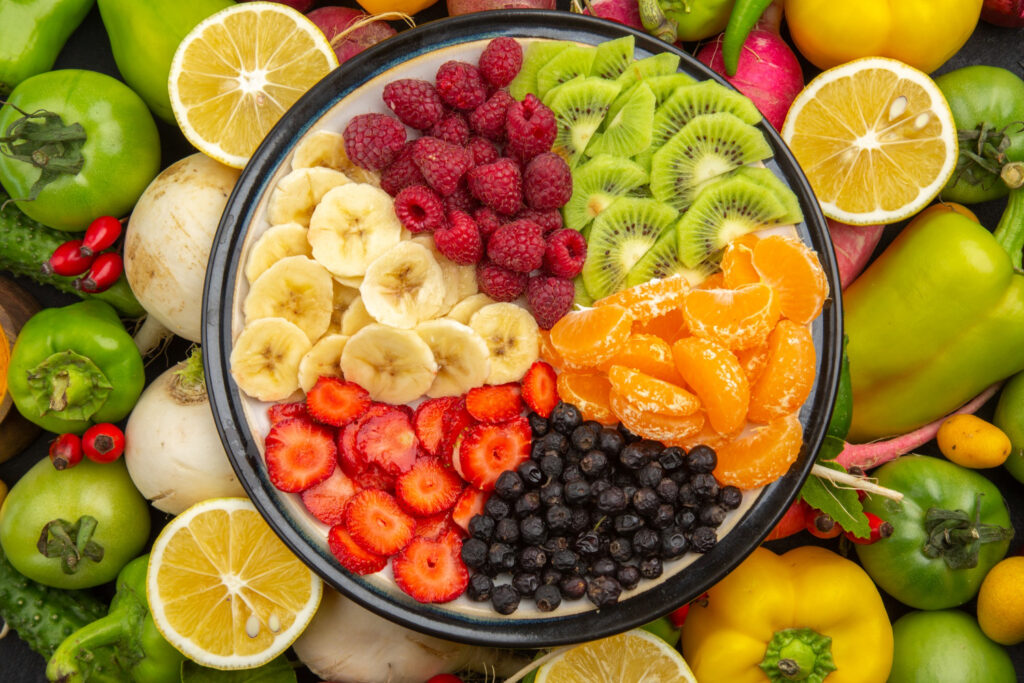Introduction: Embark on Your Culinary Journey
Discover the Joy of Cooking
Cooking is more than just a necessity; it’s an art form that brings joy, satisfaction, and creativity into our lives. Whether you’re a novice or an experienced home chef, improving your cooking skills can elevate your culinary experiences and make meal preparation more enjoyable and rewarding.
The Importance of Cooking Skills
Good cooking skills are essential for preparing nutritious, delicious meals that can enhance your health and well-being. They also provide the confidence to experiment with new recipes and techniques, turning cooking into a delightful and fulfilling activity.
Setting Up Your Kitchen for Success
Organizing Your Workspace
A well-organized kitchen is the foundation of effective cooking. Start by decluttering your countertops and organizing your utensils, spices, and cookware. Having a tidy and accessible workspace allows you to focus on your cooking skills without unnecessary distractions.
Essential Kitchen Tools
Investing in quality kitchen tools can significantly improve your cooking skills. Essential items include sharp knives, cutting boards, measuring cups and spoons, mixing bowls, and a variety of pots and pans. These tools make cooking more efficient and enjoyable, helping you achieve better results.
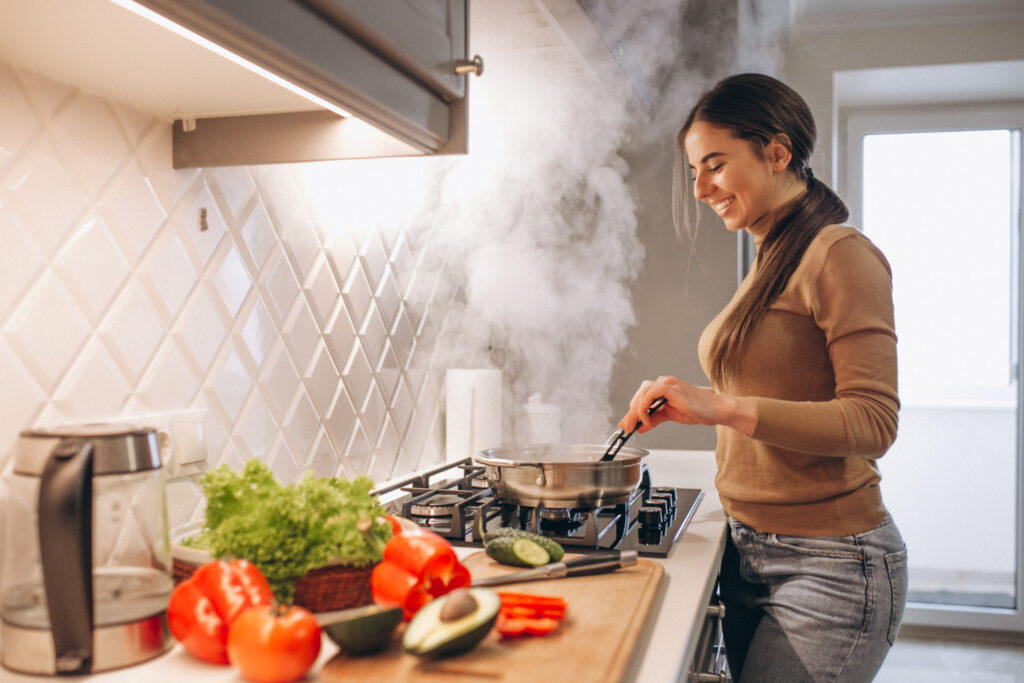
Understanding Basic Cooking Techniques
Mastering Knife Skills
Knife skills are fundamental to cooking. Learning how to properly chop, slice, and dice ingredients not only improves efficiency but also enhances the presentation of your dishes. Practice makes perfect, so spend time honing your knife skills with different types of produce.
Cooking Methods: Sautéing, Boiling, and Roasting
Familiarize yourself with basic cooking methods such as sautéing, boiling, and roasting. Each method has its own set of techniques and benefits, and mastering them will give you a solid foundation to build upon. Experiment with different recipes to understand how these methods affect flavors and textures.
Exploring Advanced Cooking Techniques
Sous Vide Cooking
Sous vide is a method of cooking where food is vacuum-sealed and cooked in a water bath at a precise temperature. This technique ensures even cooking and enhances the flavors and textures of your dishes. While it may seem complex, sous vide is easy to learn and offers impressive results.
Fermentation and Pickling
Fermentation and pickling are advanced techniques that can add depth and complexity to your cooking. These methods involve preserving food with beneficial bacteria or vinegar, creating unique flavors and extending the shelf life of ingredients. Experiment with making your own kimchi, sauerkraut, or pickles to expand your culinary repertoire.
The Role of Ingredients in Cooking
Choosing Fresh Ingredients
The quality of your ingredients directly impacts the taste and nutritional value of your meals. Whenever possible, choose fresh, seasonal produce, high-quality meats, and dairy products. Fresh ingredients not only taste better but also provide more nutrients and flavor to your dishes.
Understanding Flavor Profiles
Developing a keen sense of flavor profiles is crucial for improving your cooking skills. Learn how different ingredients complement each other and experiment with various herbs, spices, and seasonings. Understanding how to balance sweet, salty, sour, and umami flavors can elevate your dishes to new heights.
The Art of Meal Planning
Weekly Meal Prep
Meal planning and preparation can save you time and reduce stress during busy weekdays. Dedicate a few hours each week to plan your meals, create a shopping list, and prepare ingredients in advance. This practice ensures you have everything you need to create delicious, healthy meals throughout the week.
Batch Cooking
Batch cooking involves preparing large quantities of food at once and storing portions for future meals. This technique is perfect for busy individuals who want to enjoy home-cooked meals without spending hours in the kitchen every day. Focus on dishes that freeze well, such as soups, stews, and casseroles.
Enhancing Your Baking Skills
Understanding Baking Basics
Baking is both a science and an art. Understanding the basics, such as measuring ingredients accurately, following recipes precisely, and knowing the role of different baking ingredients, is essential for successful baking. Start with simple recipes and gradually progress to more complex baked goods.
Experimenting with Breads and Pastries
Once you’ve mastered the basics, challenge yourself by experimenting with breads and pastries. Baking bread from scratch can be incredibly rewarding and offers endless possibilities for creativity. Try your hand at different types of bread, such as sourdough, baguettes, and focaccia, as well as pastries like croissants and danishes.
Cooking for Special Diets
Vegetarian and Vegan Cooking
Cooking for vegetarian and vegan diets requires a good understanding of plant-based ingredients and how to create balanced meals without animal products. Focus on incorporating a variety of fruits, vegetables, grains, legumes, and plant-based proteins into your dishes.
Gluten-Free and Allergen-Free Cooking
For those with food allergies or intolerances, cooking can be a challenge. Learn how to substitute common allergens with safe alternatives and create delicious, allergen-free meals. Understanding ingredient labels and cross-contamination prevention is key to ensuring safe and enjoyable meals.
Cultural Cuisine Exploration
Exploring Global Flavors
Expanding your culinary horizons by exploring global cuisines can enhance your cooking skills and introduce you to new flavors and techniques. Experiment with dishes from different cultures, such as Italian, Mexican, Thai, and Indian cuisine. Each cuisine offers unique ingredients and cooking methods to learn from.
Incorporating Ethnic Ingredients
Incorporating ethnic ingredients into your cooking can add depth and authenticity to your dishes. Visit local ethnic markets to discover new spices, sauces, and produce. Learning how to use these ingredients correctly will broaden your culinary repertoire and elevate your cooking skills.
The Importance of Presentation
Plating Techniques
Good presentation enhances the appeal of your dishes and can make even simple meals look impressive. Learn basic plating techniques, such as arranging food neatly, using garnishes, and creating color contrasts. Practice plating your meals to make them visually appealing and appetizing.
The Role of Garnishes
Garnishes are not just for decoration; they can also add flavor and texture to your dishes. Experiment with different garnishes, such as fresh herbs, citrus zest, and edible flowers, to enhance both the look and taste of your meals.
Cooking with Confidence
Trusting Your Instincts
As you gain experience in the kitchen, trust your instincts and don’t be afraid to deviate from recipes. Experiment with new ingredients and techniques, and learn from your successes and mistakes. Confidence in the kitchen comes from practice and a willingness to take risks.
Overcoming Cooking Challenges
Every cook faces challenges, whether it’s a burnt dish or a failed recipe. The key is to learn from these experiences and keep improving your cooking skills. Stay positive, seek feedback, and don’t be afraid to try again. Each challenge is an opportunity to learn and grow as a cook.
The Role of Technology in Cooking
Utilizing Kitchen Gadgets
Modern kitchen gadgets can simplify cooking and make it more enjoyable. Invest in tools such as food processors, blenders, and slow cookers to streamline your cooking process. These gadgets can save time and effort, allowing you to focus on perfecting your dishes.
Cooking Apps and Online Resources
Take advantage of cooking apps and online resources to improve your cooking skills. Platforms like YouTube, Pinterest, and cooking blogs offer endless recipes, tutorials, and tips. Use these resources to learn new techniques, discover recipes, and get inspired.
Cooking for Health and Wellness
Nutritional Cooking
Cooking skills are closely linked to health and wellness. Learn how to create balanced, nutritious meals that support your health goals. Focus on incorporating a variety of whole foods, lean proteins, and healthy fats into your diet.
Mindful Eating
Mindful eating involves paying attention to the flavors, textures, and aromas of your food. Practice mindfulness while cooking and eating to enhance your appreciation for food and make healthier choices. This approach can improve your relationship with food and promote overall well-being.
Cooking for Family and Friends
Hosting Dinner Parties
Cooking for family and friends is a great way to showcase your cooking skills and create memorable experiences. Plan and prepare meals that cater to your guests’ preferences and dietary needs. Hosting dinner parties can also provide valuable feedback and help you improve your cooking techniques.
Creating Family Traditions
Incorporate cooking into your family traditions by preparing special dishes for holidays and celebrations. These traditions can bring your family closer and create lasting memories. Teaching your cooking skills to younger family members can also pass on your culinary knowledge and passion.
The Joy of Experimentation in Cooking
Trying New Recipes
Constantly challenge yourself by trying new recipes and cuisines. Experimentation keeps cooking exciting and helps you discover new flavors and techniques. Set a goal to try a new recipe each week or explore a different cuisine each month.
Developing Your Own Recipes
As you gain confidence and experience, start developing your own recipes. Use your knowledge of ingredients, flavors, and cooking techniques to create unique dishes. Developing your recipes allows you to express your creativity and personalize your cooking.
The Benefits of Cooking Classes
Local Cooking Classes
Taking cooking classes can provide hands-on experience and expert guidance to improve your cooking skills. Look for local classes that cover various cuisines and techniques. These classes can also be a fun way to meet other food enthusiasts and gain new perspectives on cooking.
Online Cooking Courses
Online cooking courses offer flexibility and a wide range of topics. Platforms like MasterClass, Udemy, and Coursera provide courses taught by professional chefs and culinary experts. These courses can help you learn new skills at your own pace and from the comfort of your home.
4o
continueChatGPT
FAQs about Improving Your Cooking Skills
1. How can I improve my cooking skills as a beginner?
Start with basic recipes and techniques, practice regularly, and don’t be afraid to make mistakes. Gradually challenge yourself with new recipes and cooking methods to build confidence and skill.
2. What are some essential cooking techniques to learn?
Essential cooking techniques include sautéing, roasting, baking, steaming, and braising. Mastering these techniques forms the foundation for preparing a wide range of dishes.
3. How can I become more efficient in the kitchen?
Stay organized, prep ingredients in advance, and clean as you go to maximize efficiency in the kitchen. Utilize time-saving tools and techniques, such as batch cooking and meal planning.
4. Is it important to follow recipes exactly?
Recipes provide a blueprint for cooking, but don’t hesitate to adjust seasoning or ingredient quantities to suit your taste preferences. As you gain experience, you may develop your variations on recipes.
5. How can I learn about different cuisines?
Explore global cuisines through cookbooks, cooking shows, and ethnic restaurants. Experiment with ingredients and cooking methods specific to each cuisine to broaden your culinary knowledge.
6. What should I do if a recipe goes wrong?
Identify where things went wrong, learn from the experience, and try again. Seek advice from experienced cooks or online forums to troubleshoot common cooking issues.
7. How can I make cooking more enjoyable?
Cook with friends or family, play music while cooking, and experiment with new recipes to keep things exciting. Embrace the creative aspects of cooking and view it as a rewarding skill to develop.
8. What are some tips for cooking healthy meals?
Focus on whole foods, limit processed ingredients, and use cooking methods like grilling, steaming, and baking instead of frying. Incorporate plenty of vegetables, lean proteins, and whole grains into your meals.
9. How can I improve my knife skills?
Practice regularly with different types of knives and learn proper cutting techniques. Take a knife skills class or watch tutorials online to refine your chopping, slicing, and dicing abilities.
10. How can I stay inspired to cook regularly?
Stay inspired by exploring new ingredients, trying new recipes, and setting cooking goals. Follow food bloggers, join cooking communities, and attend culinary events to stay connected with the culinary world.

